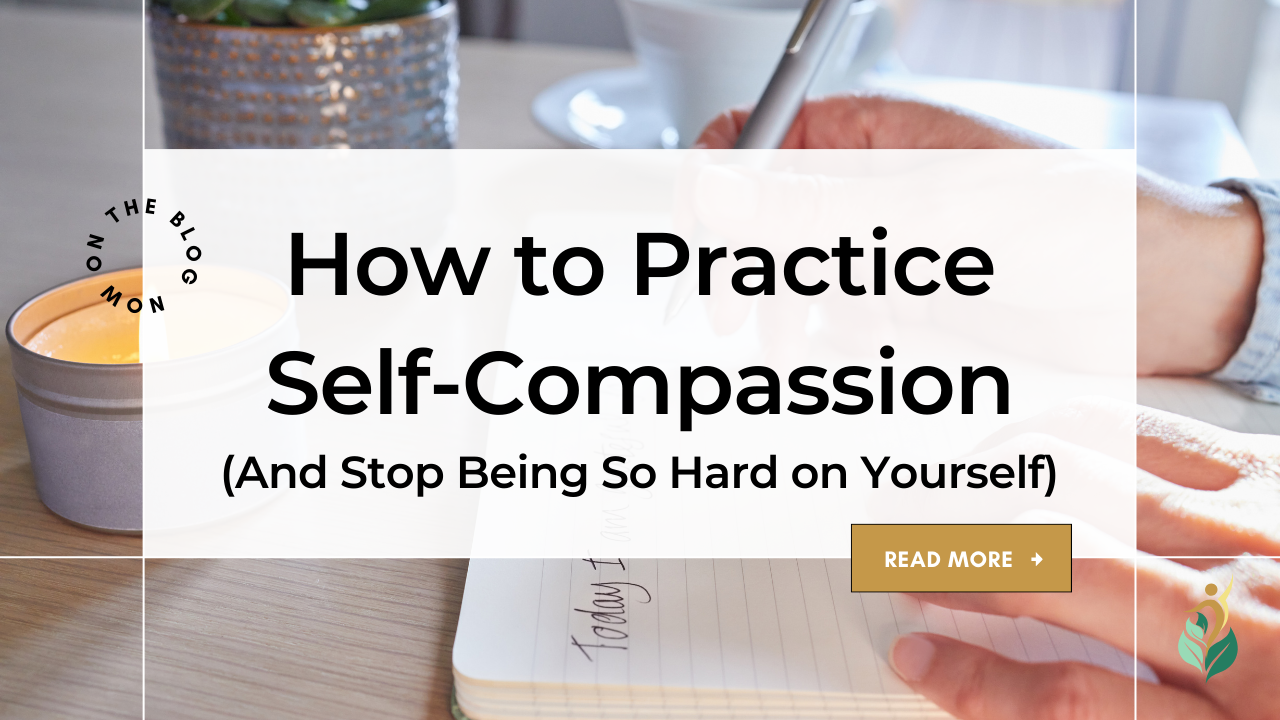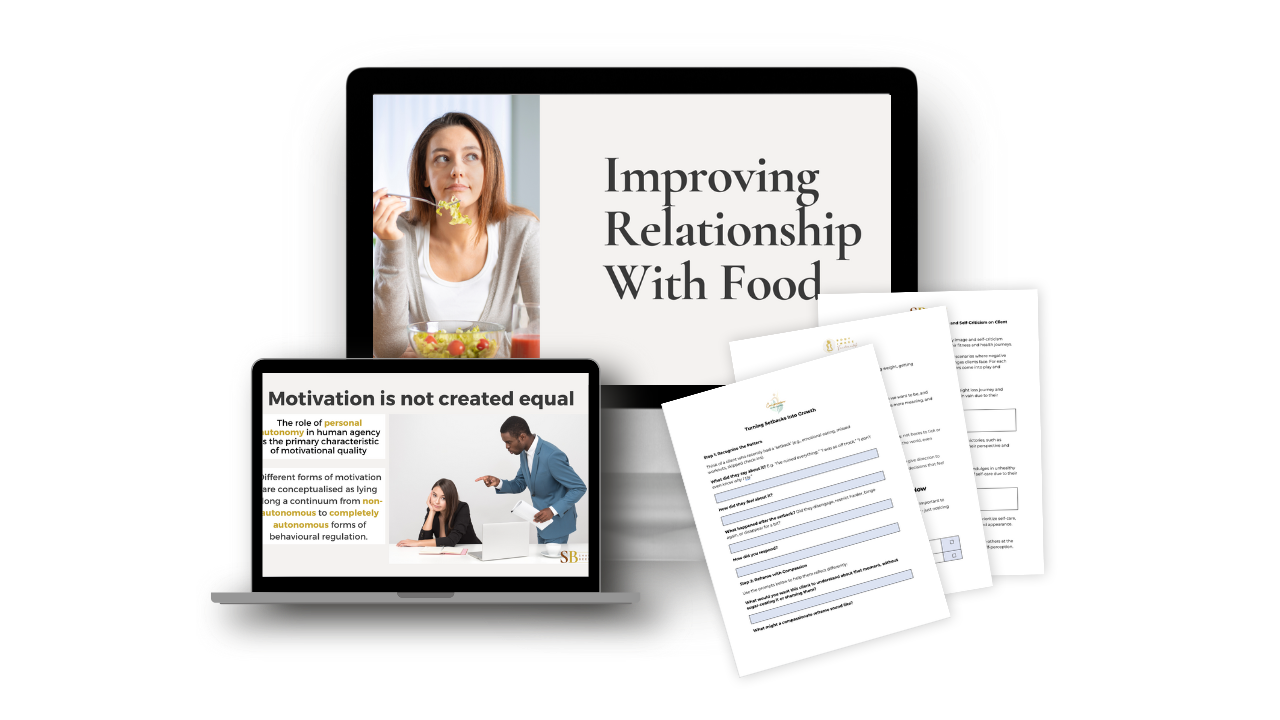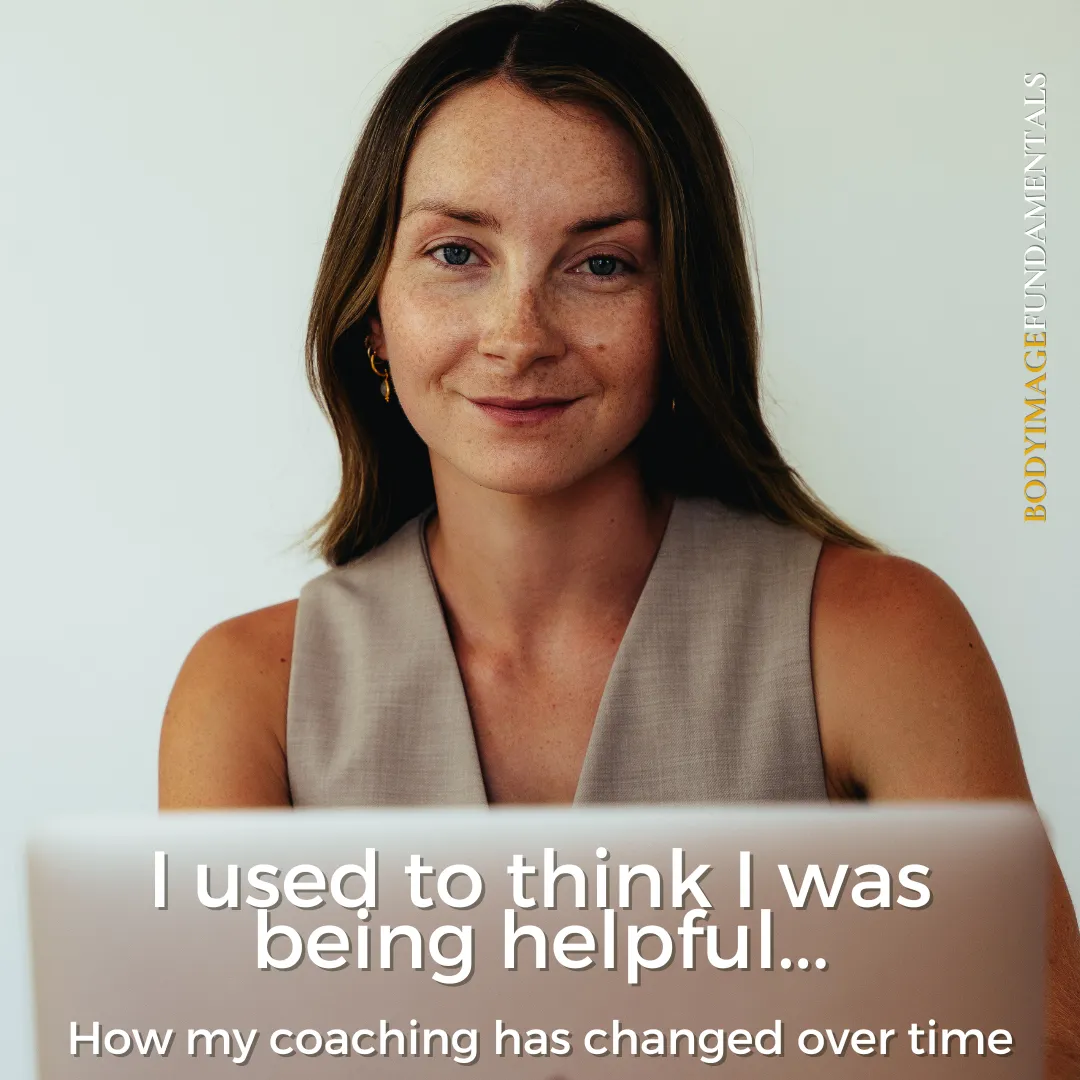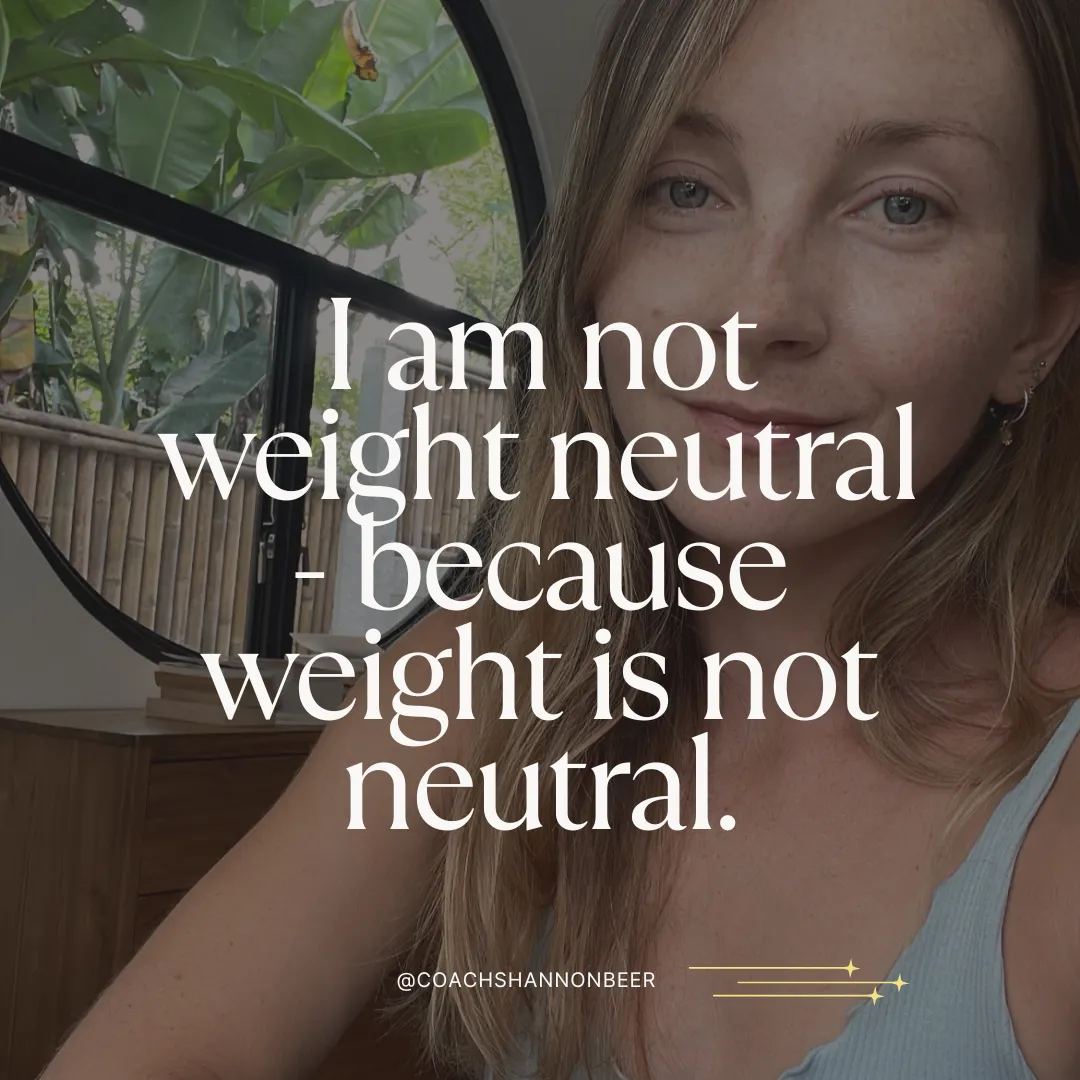How To Live By Your Core Values
Feb 07, 2022
Your core values are like guiding directions that tell you how you want to live your life[1]. Your values will orient you in the world and give you a direction to go in, which is particularly helpful when setting goals. You probably have a good idea about what values you’d like to work on if you have read my article HERE.
Clarifying your values is one thing. Actually living by them is something else entirely.
This article will teach you how to live by your core values, even when it is hard.

We can do this with one value at a time:
- What value do you want to work on more in your life?
- Now pick a goal that you would like to achieve, with respect to the value, which would let you know that you are “on track.”
- Pick an action that you can engage in daily or weekly that will lead you to accomplish that goal.

[2]
My value:
My goal:
Actions I can take:
Now we have a plan that is starting to come together.
Let’s say one of your values is connection. Your goal is to maintain strong and supportive relationships with those that you care about. Actions you can take include: scheduling a date/dinner/trip with a friend, phone calls with your family, checking in with your friends, or reaching out to someone new. To make sure this happens, you might schedule in some of these actions.
If you have read the goal setting article HERE, you know that sometimes it isn’t enough just to have a plan. Often enough, things get in the way of us following through with our intentions! This is particularly relevant when working on our health and fitness goals. So let’s think about that too.

Some of the external stuff might be easier to plan for. We can think about how we might like to manage our time, energy and resources. Often, the internal stuff is much trickier.
What internal “stuff ” seems to stop you from achieving that goal?
Do your emotions get in the way of what's important? What about your thoughts? Do you have any unhelpful rules (I must do this; It should be this way...)? Or evaluations (I’m not good enough; I will never reach my goals)? Maybe you can identify some of the negative thought patterns that I listed in THIS article.
Some obstacles to living out your values may look like:
- Valuing respect but refusing to allow your body to rest.
- Valuing flexibility but being anxious to deviate from your usual workout schedule or eating routine.
- Valuing connection but being afraid to eat out with others.
- Valuing kindness but criticising yourself when you slip up.
- Valuing acceptance but picking apart your body in the mirror.
The key here is to identify your barrier and examine it with curiosity. Where does it come from? What happens if you get caught up in these thoughts and feelings?
We can learn to look at these thoughts and feelings for what they are - simply internal events that come and go. Sometimes we forget that our thoughts are just thoughts. They're not always true. When we buy into our thoughts too much, they can cause a fair bit of discomfort. They can prevent us from doing the things that are meaningful to us. If you need more support with this, reach out for coaching.
Notice how you can have those challenging thoughts and feelings and still do what you value.
You just have to be willing to make room for them.
It may help to keep track of the thoughts and feelings that prevent you from putting your values into action. It will only take 5 minutes each day and it can help you to spot your barriers and reflect on how successful you are at living by your values.
DAILY DIARY
Date________
Beginning of the Day
What value would you like to live by today?
What actions are you going to put into place to reflect this value?
End of the Day
Did you live in accordance to your value?
Did anything get in the way? If so, what thoughts and feelings came to mind?
Is there anything you need to do to bring you closer to your value?
[1] Harris, R. (2019) ACT Made Simple: An Easy-To-Read Primer on Acceptance and Commitment Therapy (Second Edition). New Harbinger Publications.
[2] Harris, R. (2008). The Happiness Trap: How to stop struggling and start living. Boston, MA: Trumpeter.

Stuck In All Or Nothing Mode?
Your mind isn’t broken; it’s just running on autopilot.
Take the free Emotion System Audit and learn what's driving your patterns - and what to do when you feel overwhelmed or out of control.









